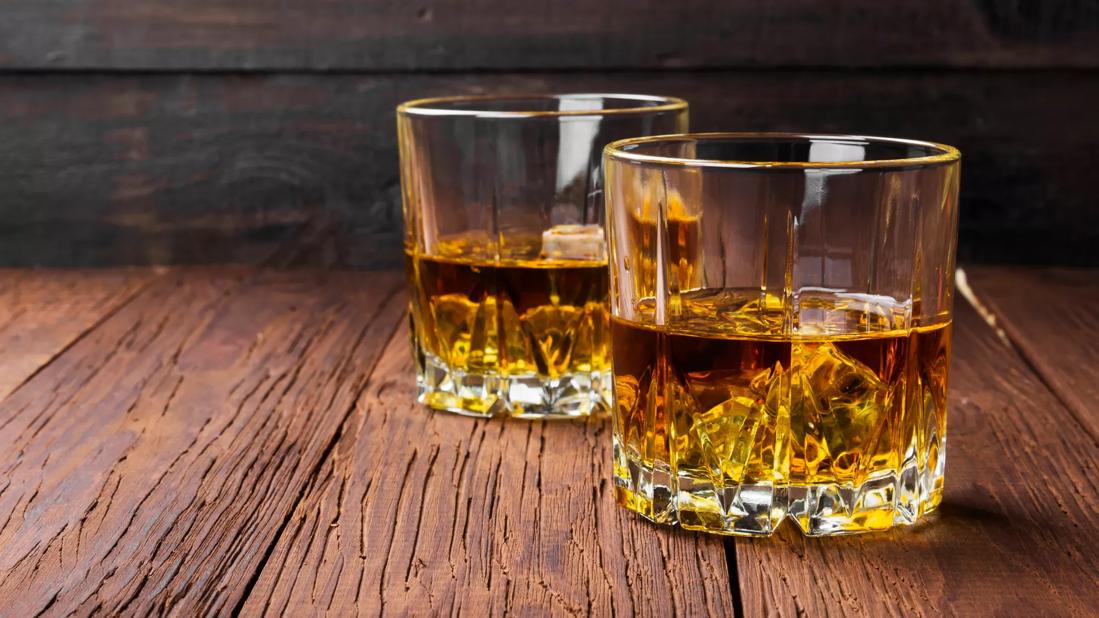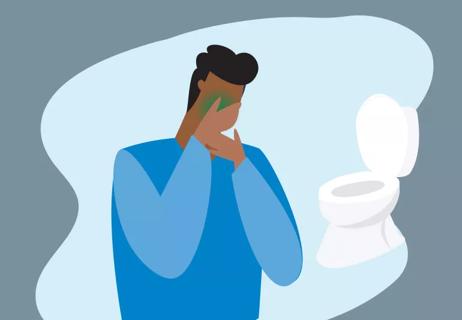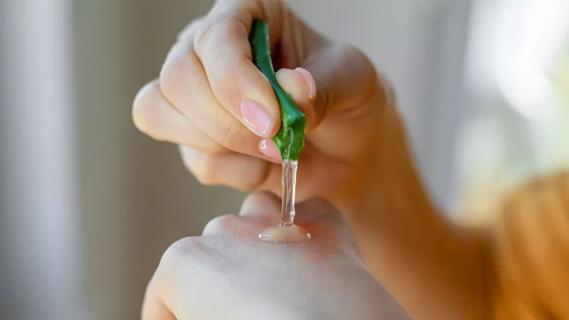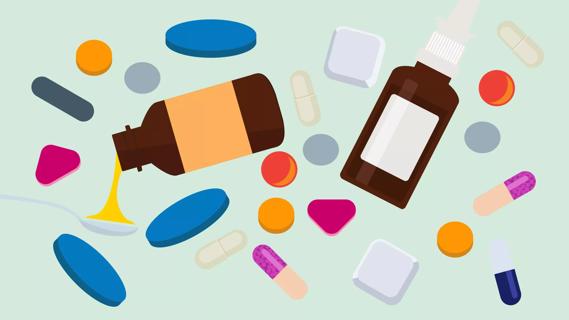The way we process alcohol changes after age 65

Does it seem like you’re getting more sensitive to alcohol as you age?
Cleveland Clinic is a non-profit academic medical center. Advertising on our site helps support our mission. We do not endorse non-Cleveland Clinic products or services. Policy
You’re not imagining things.
“The basic process by which alcohol is metabolized doesn’t change, but after age 65, several factors can alter the way you process it,” says family medicine specialist Donald Ford, MD.
What happens when you drink a beer, glass of wine or cocktail?
(Because women, Asians, Native Americans and Inuits don’t produce the same — or the same quantity of — enzymes to tackle alcohol in the liver, alcohol’s effects are magnified for them.)
After age 65, your circulation starts slowing down. “Less blood is flowing through your liver, so the process slows, and more toxic metabolites may accumulate,” says Dr. Ford.
“And because we lose lean muscle mass with age, a higher concentration of alcohol remains in the bloodstream. So you feel more effects from the same amount of alcohol.”
By this time, you’ve probably also developed a few chronic conditions. “Needing lots of medication for different conditions can cause lots of interactions with alcohol,” he says.
Alcohol competes with medicines for processing by your liver — and wins. As a result:
“Alcohol also compounds the sleep difficulties that are common after age 65,” notes Dr. Ford.
Many people use alcohol to fall asleep, he says, not realizing that it interrupts sleep, makes sleep less restful and causes earlier awakenings.
As we age, we’re also more prone to falling. “The consequences of alcohol-related falls tend to be more serious after age 65,” he says.
“Tripping on a stair and hitting your head is far more likely to cause significant injury when you are older.”
It takes longer for your body to metabolize alcohol than to absorb it. So excessive drinking keeps alcohol in your bloodstream longer.
This allows a toxic chemical into which alcohol is processed, called acetate, to build up in your liver. Over time, acetate damages your liver tissues, causing cirrhosis.
In addition, if you “drink” more calories than you eat, that puts you at risk for nutritional deficiencies, which are also more common among the elderly.
“The consequences of nutritional deficiencies range from minor to major,” says Dr. Ford. “Folate deficiency causes anemia in adults, but thiamine deficiencies can trigger delirium.”
It’s best to follow the guidelines for moderate drinking — but, unfortunately, says Dr. Ford, few people do.
“Currently, the recommendation is that after age 65, men and women should have no more than seven alcoholic drinks per week,” he says.
“If you’re otherwise healthy and follow these guidelines, drinking shouldn’t be an issue. It’s overuse that’s the problem.”
Nevertheless, as you’re given more prescription medications in your late 50s and 60s, be aware of how they interact with alcohol.
And to enjoy good health over time, maintain your cardiovascular health, control your blood pressure and cholesterol, and exercise to preserve your lean muscle mass, advises Dr. Ford.
Learn more about our editorial process.

Misleading claims, lack of scientific evidence and the risk of over-doing it are all concerns

Drink small amounts of water for a few hours after throwing up

The speed of alcohol metabolism is different for everyone

Your body works overtime to keep you cool on hot summer days, bringing on sun fatigue

Bleeding is a risk and warrants taking care, but the reward of this lifesaving medication is great

Some natural home remedies may offer relief, but they lack scientific evidence and won’t typically cure the condition

Some types of expired meds may not be harmful, but they probably aren’t worth the risk

Leaving footwear on invites germs, bacteria, toxins and other unwanted guests into your home

Your metabolism may torch 1,300 to 2,000 calories daily with no activity

A gentle touch in all the right places may help drain your sinuses